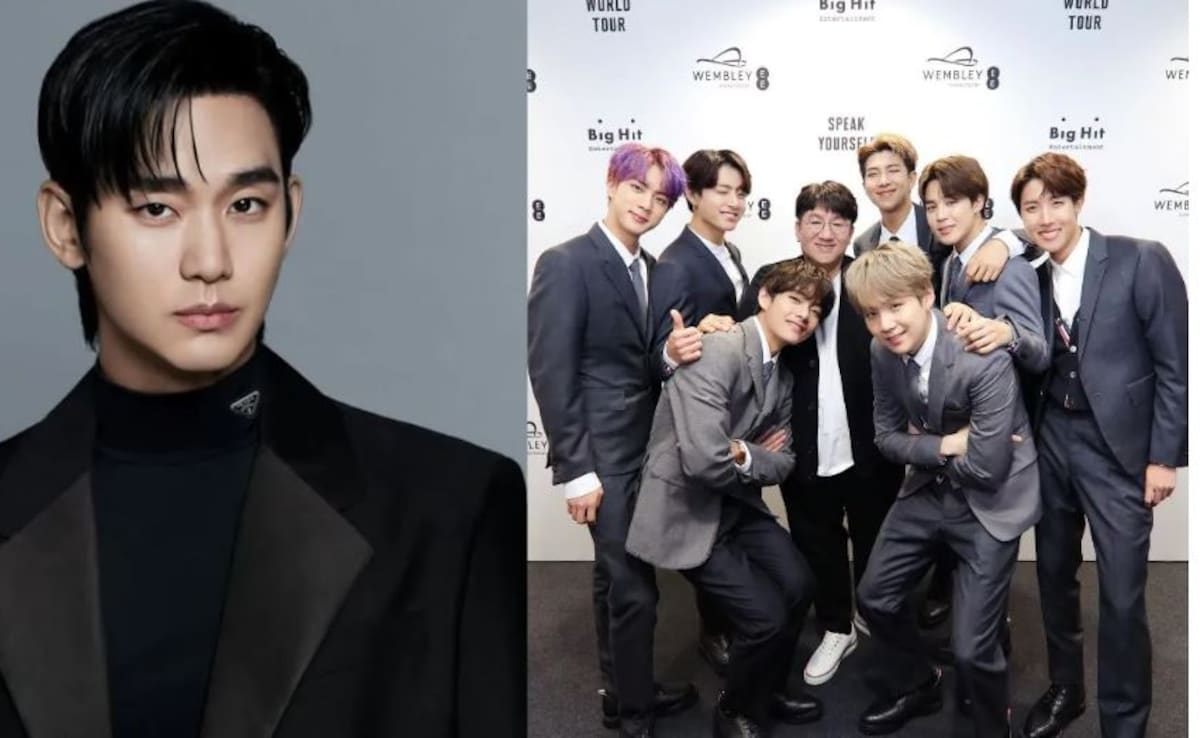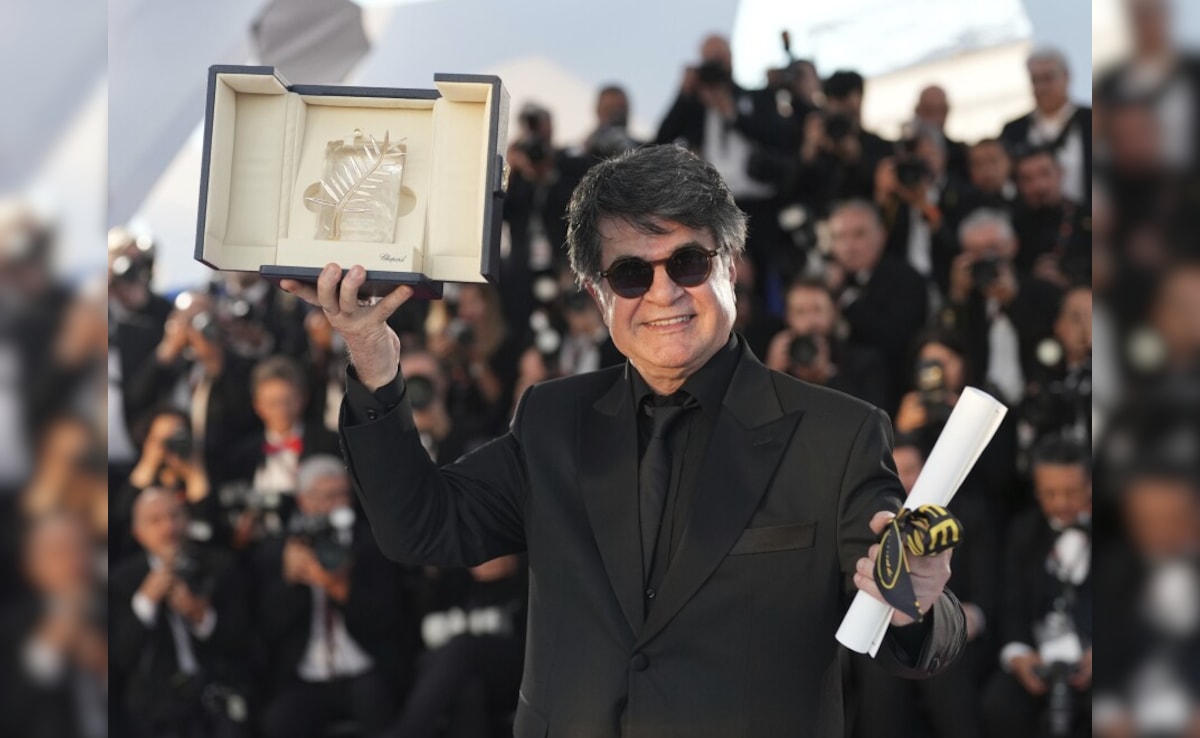BTS, the globally renowned K-pop band, finds itself unexpectedly embroiled in a controversy involving actors Kim Soo-Hyun and Kim Sae-Ron. Despite having no direct connection to the events surrounding these notable figures, the band has become a talking point due to their incidental association, sparking discussions across the social media landscape. This unexpected turn of events has mobilized the BTS Army, the band’s dedicated fanbase, to stand firmly in support of their idols.
Kim Soo-Hyun, an acclaimed actor in South Korea, and Kim Sae-Ron, a rising starlet, have become recent subjects of public scrutiny. Although the specific nature of the controversy surrounding the two actors remains nuanced, concerns primarily revolve around potential personal and professional setbacks they are facing. With the intense media focus on every development in the realm of Korean entertainment, even the slightest implications can tug major public figures into the spotlight unwittingly.
Amidst this maelstrom, BTS’s name surfaced unexpectedly, leaving many fans and bystanders puzzled. The link appears tenuous at best, suggesting more of an incidental overlap in public interest rather than a direct accusation or involvement. Nonetheless, in the interconnected web of online chatter and speculation, such associations can quickly snowball, bringing unforeseen pressures and narratives to the parties involved.
The primary speculation ties the controversy to social media posts, exaggerated media conjectures, and potential connections in the entertainment industry circles which often appear closer than they are. The exact mechanism by which BTS got mentioned involves circumstantial mentions — primarily driven by the vast storied web of contracts, endorsements, and coincidental public interactions that bind high-profile individuals together.
This confluence of events has led the BTS Army to rally behind the band members, advocating for rational discourse and highlighting the erroneous nature of the conflated issues. Fans have flooded platforms like Twitter, Reddit, and Weverse — an official BTS fan community platform — urging fellow members of the community and the general public to distinguish between unrelated matters and to refrain from feeding into any baseless speculation regarding their idols.
The BTS Army’s unwavering support is not merely rooted in admiration for the band’s musical prowess but also embodies a broader movement to protect beloved figures from undeserved public scrutiny. Fans emphasize BTS’s consistent effort to steer clear of controversies and maintain a reputation that aligns with values of diligence, humility, and global unity.
The reaction has expanded further with thousands of social media threads and discussions seeking to clarify and debunk unfounded claims tying BTS to unrelated industry drama. Hashtags such as #BTSisInnocent and #SupportBTS have gained traction, aiming to realign public perception and spotlighting the need for responsible media dissemination and public discourse.
Many industry analysts suggest this issue is symptomatic of a wider pattern where viral news cycles and social media dynamics can inadvertently drag unrelated parties into controversies due to the interconnected nature of celebrity networks. This occurrence underlines the necessity for rigorous fact-checking and measured reporting, especially in environments teeming with speculations and assumptions.
The relationship between fans and their idols transcends simple admiration, morphing into an active partnership where fans become defenders and advocates. This protects not only the public image but also the psychological well-being of figures in the public domain. BTS’s case underscores how fan activism directly contests undue criticism, ensuring the discourse remains fair and fact-driven.
Media specialists further articulate the crucial aspect of understanding the foundational role fans play in shaping narratives. Not only do fan bases serve as consumers and promoters of content, but they also act as a collective watchdog, ensuring that public figures are treated with the equitable fairness and dignity they champion.
The case involving BTS serves as an emblematic instance illustrating the broader implications of media maneuverings and the potential pitfalls that can arise from it. With global attention constantly zoomed in on every facet of celebrity life, distinguishing what holds true from what feeds into baseless gossip becomes an essential exercise for the public.
As supporters press on with their efforts to dispel the rumors linking BTS to the unrelated controversy, the situation continues to unravel, albeit with significant strides toward clarity. BTS’s representatives have maintained a stance of dignified discretion, refraining from being drawn into the media frenzy inspired by tangential associations.
In essence, while the BTS Army mounts a concentrated response to clear misconceptions and underscore the band’s non-involvement, it reflects the broader societal dynamics at play in the contemporary media landscape. The situation demonstrates the potent influence of fan communities in not only safeguarding their idols but also in advocating for authentic and accountable storytelling by the media.
The episode ultimately serves as a reminder of the immense responsibility vested in both media systems and fans to nurture a cultural climate where speculation and fame do not eclipse facts and authenticity. Amidst this wave of advocacy and clarification, it becomes evident that the bond between BTS and their army transcends typical fandom, embodying a substantive commitment to truth and public accountability.






